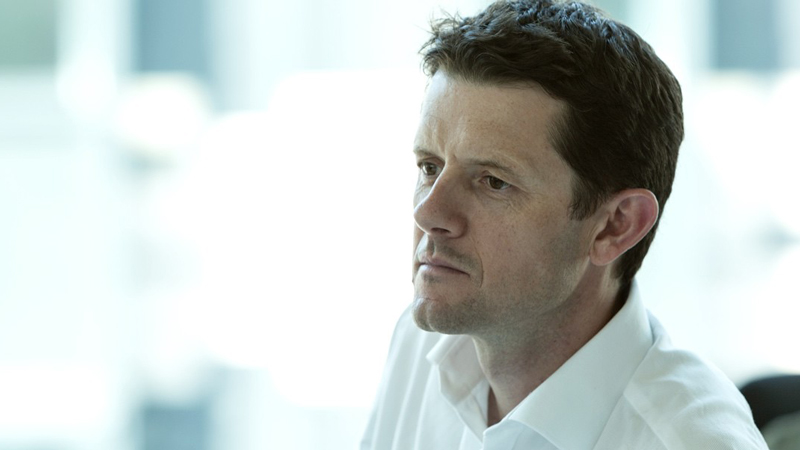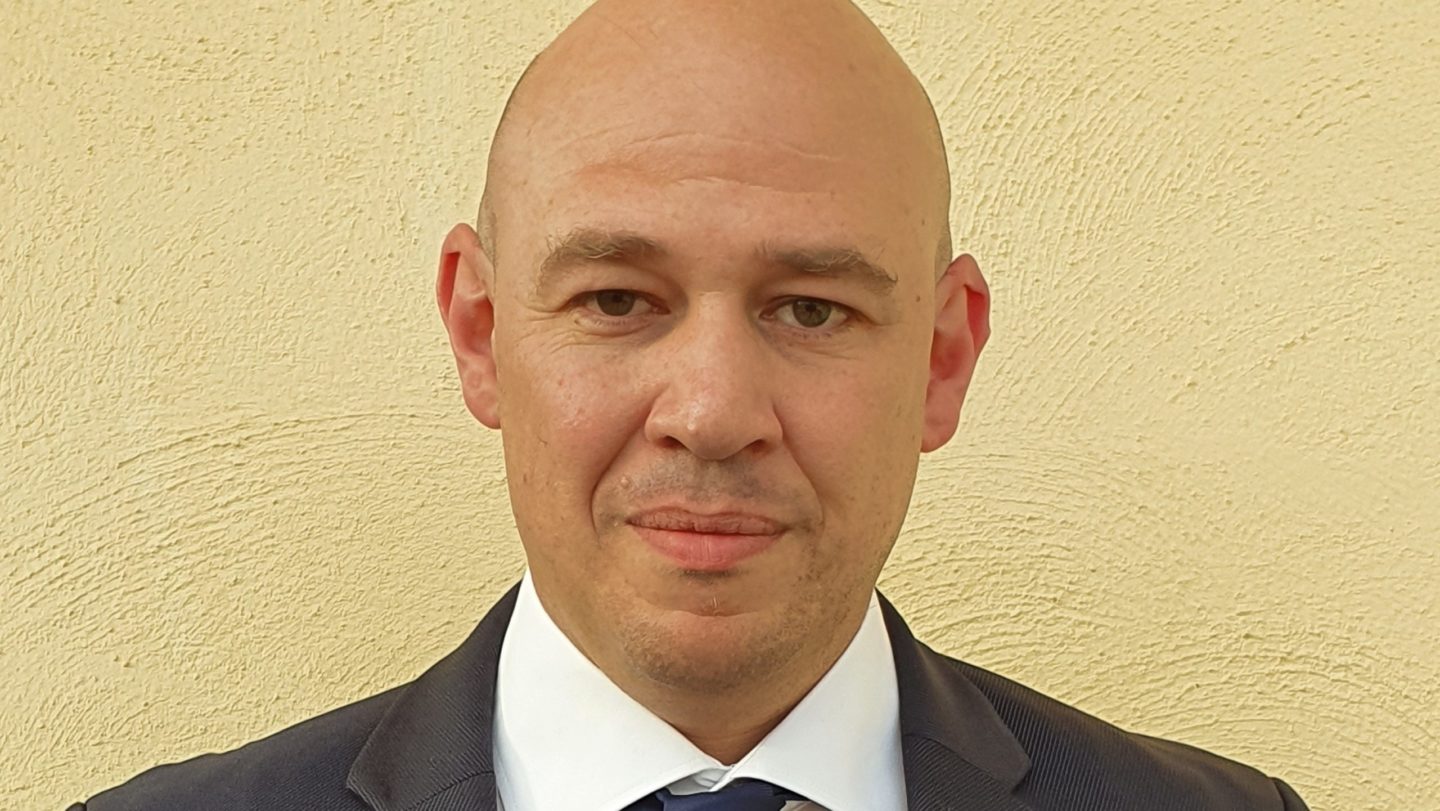Investors are regularly told that fear can cloud their judgement but overexcitement can be just as dangerous.
As the world seeks to emerge from the ravages of coronavirus, a gigantic amount of hope is being placed on the healthcare sector to identify treatments, or even vaccines. This means any positive news linked to a potential breakthrough in the battle against Covid-19 has the ability to suck investors in.
Mice move markets
Early in May, for example, US-based company Moderna revealed what it deemed to be positive results from a trial for a coronavirus vaccine. With press coverage creating a frenzy, the shares soared more than a third, which some commentators suggested even moved the wider market.
Yet the initial trial was only conducted on eight people and some mice, meaning significant work would yet be needed before its true efficacy could be established. Once this became more widely known, the shares retrenched over the next few days to the level they sat at prior to the announcement.
For our part, we have a prominent exposure to healthcare in our global equity portfolio – something we amplified during the steep market falls – but our moves have been far from speculative.
Patient decisions
One stock we have monitored has been Illumina, the leading genome-sequencing giant, since 2012. What began as a fantastic concept has slowly materialised into reality as the firm has worked tirelessly to squash the cost of assembling one genome from nearly $3bn (£2.4bn) in the 13-year Human Genome Project completed in 2003 to $1,000 in 2014. Costs continue to plummet constantly, leading to an ever-expanding addressable market.
When the company’s shares dropped for no other reason than indiscriminate selling, this presented an opportunity to invest in a firm we had long admired. The company’s technology might help expedite the ability to detect coronavirus but our purchase is not based on this hope.
Rather, key drivers of our decision are the strong leadership position the firm enjoys, best in class products, a massive user base (over 15,000 units installed) and the complementary high margin consumables. The firm invests 20% of its sales into research and development to stay ahead of its rivals, and generates returns on capital of twice its cost of capital.
Heavy scrutiny
The market drop also enabled us to buy into Intuitive Surgical – another business we had subjected to heavy scrutiny for a number of years. The maker of the da Vinci robotic surgery system witnessed a steep share price fall as coronavirus enforced the delay of many elective surgeries the equipment is used for.
Even though it might take time, the number of elective surgeries will rise again, providing an opportunity for Intuitive Surgical to earn a royalty on its large number of robotic surgery systems.
The strong performance of Illumina and Intuitive Surgery has been bettered by Masimo, the market leader in non-invasive monitoring solutions. This is a business in which we have been invested for several years – though not because we foresaw a pandemic coming.
Put simply, the California-based firm has all the attributes we seek in a company, including a market-leading position, asset light model business, operating leverage, and a high margin ‘razor and blade’ model. Its shrewd management team and competitive advantages prevent its profits from being competed away. The company is constantly gaining market share.
The coronavirus has, however, pulled forward uptake of the firm’s pulse oximetry adaptation in the previously underpenetrated area of general wards. This has accelerated recurring revenues.
We do not develop themes in our portfolio because they are fickle – so, while it could appear that we are getting overexcited by companies involved in the fight against coronavirus, their presence in our fund is based on merit rather than hope.
Malcolm Schembri is manager of the Garraway Global Equity Fund











